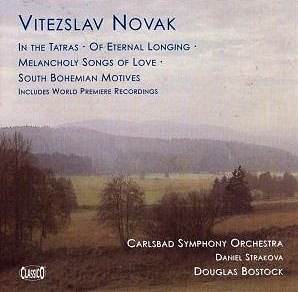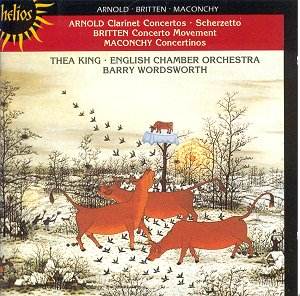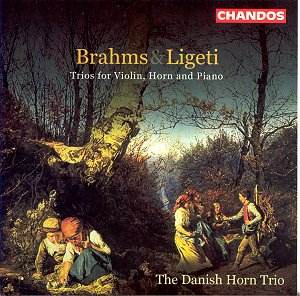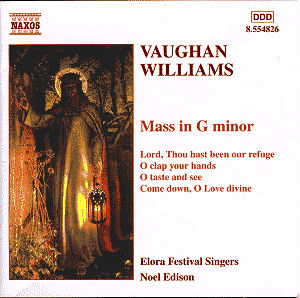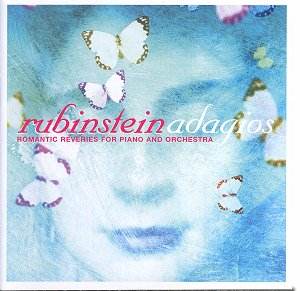 Composer: Anton Rubinstein
Composer: Anton Rubinstein
Works: Adagios from piano concertos by Mozart (No. 21 – Andante), Grieg (Adagio), Tchaikovsky (No. 1 – Andantino semplice), Rachmaninov (No. 2 – Adagio sostenuto), Chopin (No. 2 – Larghetto), Beethoven (No. 5 – Adagio un poco mosso), Schumann (Andantino grazioso), Chopin (No. 1 – Romance), Rachmaninov (Paganini Rhapsody – Variation 18), Chopin (Andante spianato)
Performers: Arthur Rubinstein (piano), Boston Symphony Orchestra, Philadelphia Orchestra, Chicago Symphony Orchestra, Symphony of the Air, New Symphony Orchestra of London; conductors include Wallenstein, Leinsdorf, Ormandy, Reiner, Giulini, Skrowaczewski
Recording: RCA Victor, 1956-1972
Label: BMG – RCA Victor 09026 63904 2 [71.27]
The compilation of Adagios featuring the illustrious Arthur Rubinstein serves as a tribute to the rich tapestry of Romantic piano concertos, seamlessly weaving together poignant moments from the works of titans such as Mozart, Grieg, Tchaikovsky, Rachmaninov, Chopin, and Beethoven. Rubinstein, an eminent interpreter renowned for his lyrical phrasing and emotive depth, provides a captivating exploration of these selected movements, drawing listeners into a realm where sentimentality and technical mastery coalesce. This collection, while arguably a product of its time, offers a reflective examination of how music can transcend its original context, inviting both new listeners and seasoned aficionados to engage with the nuanced language of Romanticism.
Rubinstein’s performances are characterized by an impressive blend of sensitivity and vigor, particularly evident in Grieg’s Adagio, where his touch is both delicate and commanding. The lush orchestration under Leinsdorf’s direction complements Rubinstein’s nuanced articulation, creating a serene atmosphere that allows the music’s inherent beauty to unfold naturally. In the Tchaikovsky No. 1, the pianist’s fluidity in the Andantino semplice is underscored by the Boston Symphony Orchestra’s rich string textures, which sing gracefully alongside Rubinstein’s piano lines. However, the recording does exhibit some inconsistencies; for instance, the strings in Mozart’s Andante and the Rachmaninov/Paganini variation sometimes veer towards a shrillness that detracts from the overall warmth of the performances.
The sound engineering, a hallmark of RCA Victor’s analogue era, presents a mixed bag. While some tracks resonate with a vibrant clarity—most notably the celestial flutes of Ormandy’s Philadelphia Orchestra in Rachmaninov’s Adagio—others suffer from a lack of dynamic range, particularly in the denser orchestral passages. This inconsistency may challenge listeners who seek the lush sonic landscape that connoisseurs have come to expect from Rubinstein’s recordings. The juxtaposition of Rubinstein’s artistry against the orchestral backdrop demands careful listening, particularly in the Chopin selections, where the pianist’s lyrical lines shine through moments of orchestral exuberance.
Across this collection, Rubinstein’s interpretations reveal a profound understanding of the emotional landscapes inherent in each work. His performance of the Chopin No. 1 Romance is a testament to his romantic sensibility, where every note is imbued with longing and nostalgia, effortlessly transporting the listener to a reflective space. The young Skrowaczewski’s conducting of the New Symphony Orchestra of London in Chopin’s Andante Spianato stands out as an intriguing addition, showcasing a youthful vigor that contrasts beautifully with Rubinstein’s seasoned touch.
This anthology of Adagios, while perhaps lacking the cohesive vision of a traditional concerto recording, serves a purpose that extends beyond mere atmosphere. It acts as an accessible entry point into the world of piano concertos for those unfamiliar with these masterpieces. Rubinstein’s performances, coupled with the varied orchestral accompaniments, provide an illuminating, albeit fragmented, portrait of the Romantic concerto repertoire. For those willing to embrace its somewhat eclectic nature, this collection rewards with moments of sublime beauty and deep musical insight.
